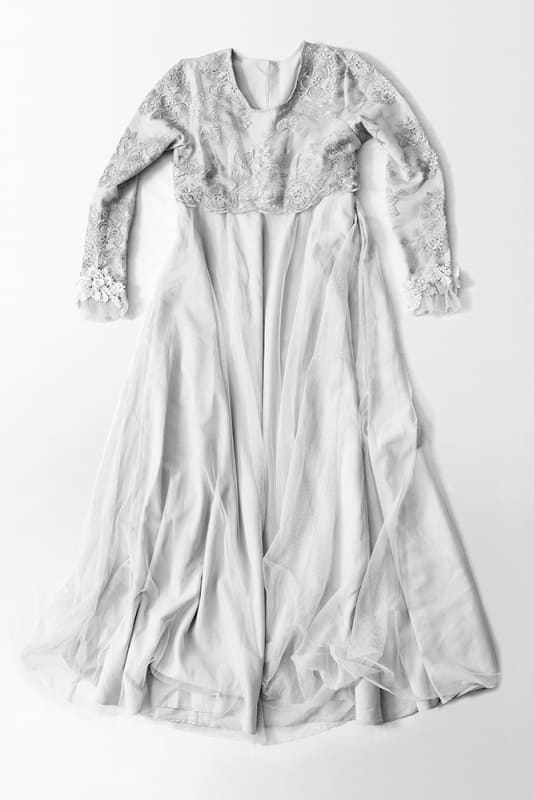After completing a journalism degree, Laia Abril relocated to New York to dedicate herself to photography by joining the International Center of Photography.
She then decided to narrate intimate stories related to sexuality, eating disorders, and gender equality. In 2009, she joined a 5-year residency offered by LA FABRICA (Madrid) and the Benetton Research Center (Treviso), where she worked as a researcher, editor, and photographer for the magazine Colors.
Laia Abril's projects take various forms, including installations, books, online documents, and films. Her work has been exhibited and published internationally, integrated into private and public collections such as the Musée de l'Élysée and Fotomuseum Winterthur in Switzerland, FRAC Provence Alpes Côte d'Azur in France, MNAC and FotoColectania in Barcelona.
After completing her five-year project On Eating Disorders, focused on eating disorders, Abril embarked on a trilogy titled A History of Misogyny, consisting of three parts: a genesis chapter, On Mass Hysteria, a first chapter, On Abortion, and a second chapter, On Rape.
On Abortion was exhibited at Rencontres d'Arles in 2016. It was the first recipient of the Madame Figaro Photo Award, with the support of the Fotopress grant, and was nominated for the ICP-Infinity Award, Foam Paul Huf Award, among other distinctions. This exhibition was showcased in over 13 countries, including at the Photographers' Gallery (London), the Museum of Contemporary Art (Zagreb), Centro de la Imagen (Mexico), the Museum of Sex (New York), and received the Hood Medal from the Royal Photographic Society in 2019.

